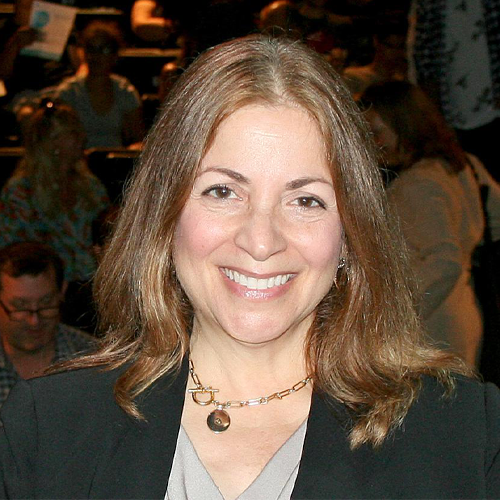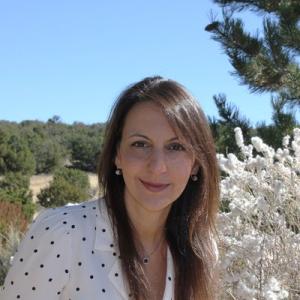Animal Law & Science Project
Project Leadership
Kathy Hessler
Co-Director, Assistant Dean
Dr. Lori Marino
Co-Director
Founder and President of the Whale Sanctuary Project; Founder and Executive Director of the Kimmela Center
About the Project
The Animal Law & Science Project offers programs and resources that bring together scientific scholarship, legal scholarship, and legal advocacy to create stronger protections for animals through legislation, litigation, and policy. We host webinars at the intersection of law, natural science, and social science. The goal of these webinars is to introduce lawyers to the impact science has on law and, conversely, scientists to the impact that law has on science. We will continue adding to these introductory materials to offer more advanced curricula for animal advocates.
Additionally, we are working on the National Commission for Research Ethics to help address ethical guidelines that fully take animals and their interests into account.
We are also offering webinars on Animals and AI to address this evolving area.
Through our work, we hope to increase awareness and foster greater discussion on the ways that animal law and science interact.
Animals and Artificial Intelligence
Artificial intelligence (AI) is affecting most areas of our lives, including animals’ lives. These changes are both positive and negative for animals and for the advocates working to protect them.
We offer a series of webinars addressing this evolving area of law and policy. Check them out below!
Webinars
For the complete webinar playlist, check out our YouTube channel!
Join the conversation on the Animal Law & Science Project Listserv
- To subscribe, send a blank email (no subject or body) to animallawscience-subscribe-request
 listserve [dot] law [dot] gwu [dot] edu (animallawscience-subscribe-request[at]listserve[dot]law[dot]gwu[dot]edu). There will be a confirmation email with a link to click that is sent in return.
listserve [dot] law [dot] gwu [dot] edu (animallawscience-subscribe-request[at]listserve[dot]law[dot]gwu[dot]edu). There will be a confirmation email with a link to click that is sent in return. - To unsubscribe, click on the link in the email, enter your email address, and click unsubscribe.
Stay tuned for information about webinars and other resources.
For more information, contact co-directors Assistant Dean Kathy Hessler or Dr. Lori Marino.
National Commission on Research Ethics
The Animal Law & Science Project is also working on a commission for animal ethics, with Dr. Hope Ferdowsian of Phoenix Zones Initiative.
Phoenix Zones Initiative and GW Law’s Animal Legal Education Initiative have partnered to work toward the development of a private commission that would advance protections for animals, improve ethical standards in research, enhance scientific inquiry, and aim to reduce and eventually eliminate the use of animals in research.
The work of the private commission will be modeled after that of the National Commission for the Protection of Human Subjects of Biomedical and Behavioral Research, which produced the Belmont Report. The Belmont Report advanced key protections for human subjects of research through well-established ethical principles: respect for autonomy, beneficence, nonmaleficence, and justice. The report laid the groundwork for research policies that require informed consent, risk-benefit assessments, and special protections for vulnerable populations.
Findings and reports of the private commission will be distributed to the public, policymakers, professionals, the media, and other stakeholders.
Stay tuned to learn more. For more information, contact Assistant Dean Kathy Hessler or Dr. Hope Ferdowsian.
Hope Ferdowsian, MD, MPH
Hope Ferdowsian is President of Phoenix Zones Initiative, a nonprofit organization that advances social and ecological justice and the interdependent rights, health, and wellbeing of people, animals, and the planet. Over two decades, as a double-board certified internal medicine, preventive medicine, and global public health physician, Hope has cared for individuals who have experienced homelessness, displacement, torture, and sexual violence, while she has also worked with others to end structural inequities, abuse, and human, animal, and environmental exploitation. Her public health expertise covers climate change, hunger, chronic diseases, emerging infectious diseases, poverty, forced migration, and conflict. Her work across six continents has included the development of medical, public health, and educational resources for nongovernmental organizations, national governments, and intergovernmental organizations. Hope has appeared on local, national, and international radio and television programs, and in 2017 she was named a Humanitarian of the Year in the American College of Physicians.








